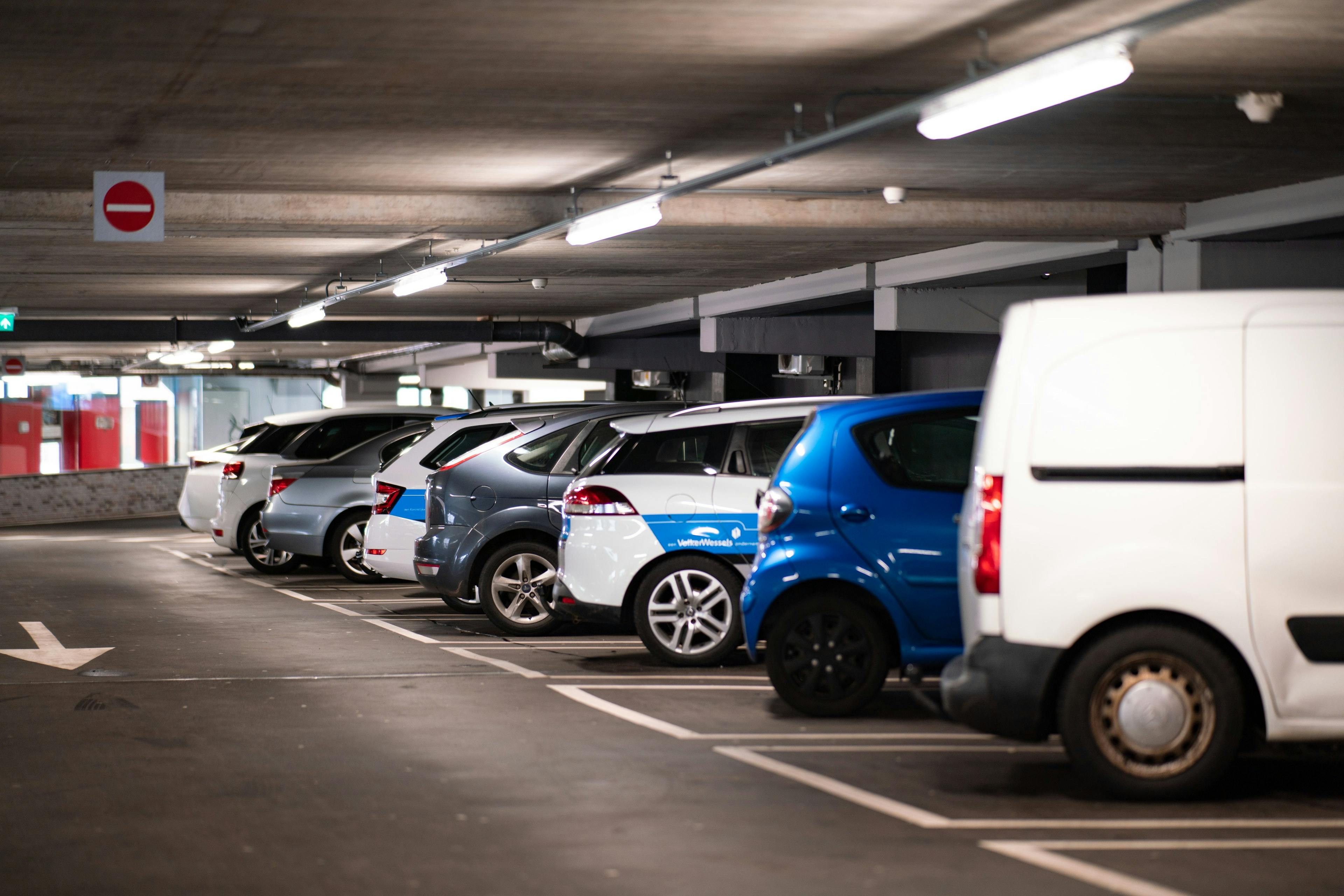Government introduces new Luxembourg parking strategy

Luxembourg has reached a major milestone in its parking infrastructure: by the end of 2021, an estimated 900,000 parking spaces have been made available. About 600,000 of these car parking spaces are open-air, while the remaining 300,000 are underground.
However, despite the seemingly impressive numbers, there have been concerns about current management practices, with low occupancy rates and long parking durations. Furthermore, the construction of new parking facilities is a major financial challenge, requiring significant investment.
Recognising the urgent need for improved parking in Luxembourg and traffic management in the country, the Ministry of Mobility has taken proactive steps by publishing a comprehensive 10-sheet booklet.
This extensive resource contains detailed plans and insightful recommendations aimed at optimising parking infrastructure and alleviating associated traffic issues. Notably, François Bausch, a prominent figure within the Ministry, has pledged to ensure that these leaflets are updated regularly and that the public can access the latest information via the official website.
A short video-presentation from the website of Ministry of Mobility shows some numbers and plans.
Active players in the parking sector, particularly local authorities, have already been granted access to this informative booklet. Equipped with these valuable insights, local authorities can now begin to implement practical ideas and strategies to improve the current situation. By putting these concepts into practice, municipalities can contribute to a more efficient and rational parking management system within their respective jurisdictions.
The comprehensive booklet is anticipated to cover a wide range of topics, including innovative parking solutions that make use of cutting-edge technologies. These may include intelligent parking systems that use advanced sensors and real-time data to optimise space utilisation and provide drivers with up-to-the-minute information.
In addition, the importance of integrating sustainable transport options, such as promoting public transport, developing cycling infrastructure and encouraging pedestrian-friendly design, is likely to be emphasised. Such measures aim to reduce dependence on private cars and improve overall urban mobility.
Luxembourg's parking landscape is poised for significant growth. By taking a proactive approach and incorporating regular updates, Luxembourg aims to transform its parking management system and ensure a more efficient and sustainable urban mobility experience for residents and visitors alike.





